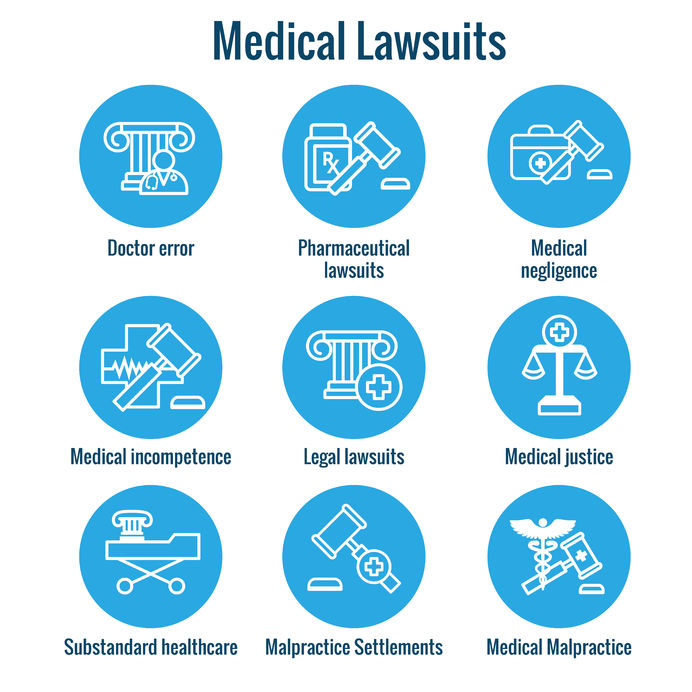

When is a Medication Error Medical Malpractice?
Most patients trust that when they are given a prescription for pharmaceutical drugs that the medication will be safe to use and create the desired effect. Unfortunately, in some situations prescription drugs end up harming instead of helping the patient. When a person is harmed by the prescription, administration or dispensation of a prescription drug because of a medical professional’s negligence; the doctor, nurse or pharmacist may be held liable for damages caused by the medication error.
When a patient is the victim of a medication error, they may suffer a serious personal injury. Medical malpractice lawsuits are used in rare cases to seek justice and damages on behalf of the victims of prescription drug errors.
Common causes of medication errors
A medication error can cause an overdose or delayed care; both potentially serious or fatal injuries. There are many types of errors made by health care professionals that could be deemed negligence in a medication error case. Common examples include:
- Prescribing the wrong dosage
- Prescribing the wrong medication
- Failure to check the other medication’s already prescribed to the patient that could interfere with the new prescription
- Failure to check the patient’s drug allergies
- Failure to research into the patient’s past prescription drug use
- Failure to warn about the serious risks and side effects linked to the medication
- Failure to give proper dosing instructions
What does the plaintiff need to prove in a medication error claim?
Most complications and unsatisfactory medical outcomes do not qualify as medical malpractice or negligence. Winning cases must prove the following:
1.That a “duty of care” existed
To prove that the “duty of care” was breached it first must be shown that the patient and medical professional had entered into a contractual patient/doctor relationship at the time the injury occurred. Next, it must be proved that the medical professional broke the “duty of care” to their patient. When it comes to medication errors, the “duty of care” means that when a drug is prescribed and dispensed by a healthcare professional that the professional must take reasonable steps to ensure the patient receives the correct dosage and type of drug and is given the opportunity to provide informed consent in accordance with medical standards required of a qualified medical care provider in similar circumstances.
2. That “breach of duty” occurred
When a medical provider fails to perform up to the required standard of medical care and it causes harm or injury to the patient, they may be found liable for breaching their duty. In a medication error case, a doctor may have breached his duty, for example, if he or she failed to check for other prescription drugs on the patient’s prescription list that could interfere with the new prescription or the pharmacist failed to give proper dosing instructions and an overdose occurs.
3. Causation
It must be proved that the medical professional’s negligence was directly responsible for the injury.
4. Damages
It must be proved that the injury caused economic or emotional damage and/or pain and suffering from long lasting physical, mental or emotional injuries.
If you were injured because of medical negligence or lost a loved one due to a preventable medical error, you have enough to deal with. Let an experienced medical malpractice attorney fight for justice on your behalf. It is not uncommon to receive a settlement from the insurance company that is five to ten times larger with the help of a medical negligence lawyer. Call the most experienced practicing medical malpractice attorneys Bellingham has at Tario & Associates, P.S. today for a FREE consultation! We have been representing people injured by medical negligence in Whatcom County, Skagit County, Island County and Snohomish County since 1979. You will pay nothing up front and no attorney fees at all unless we recover damages for you!




